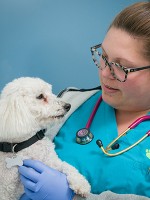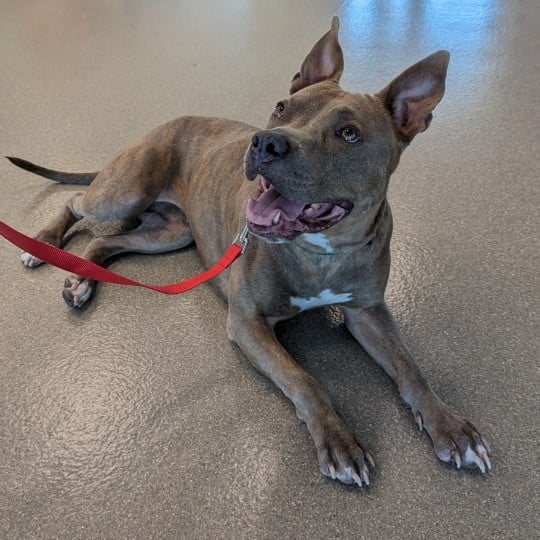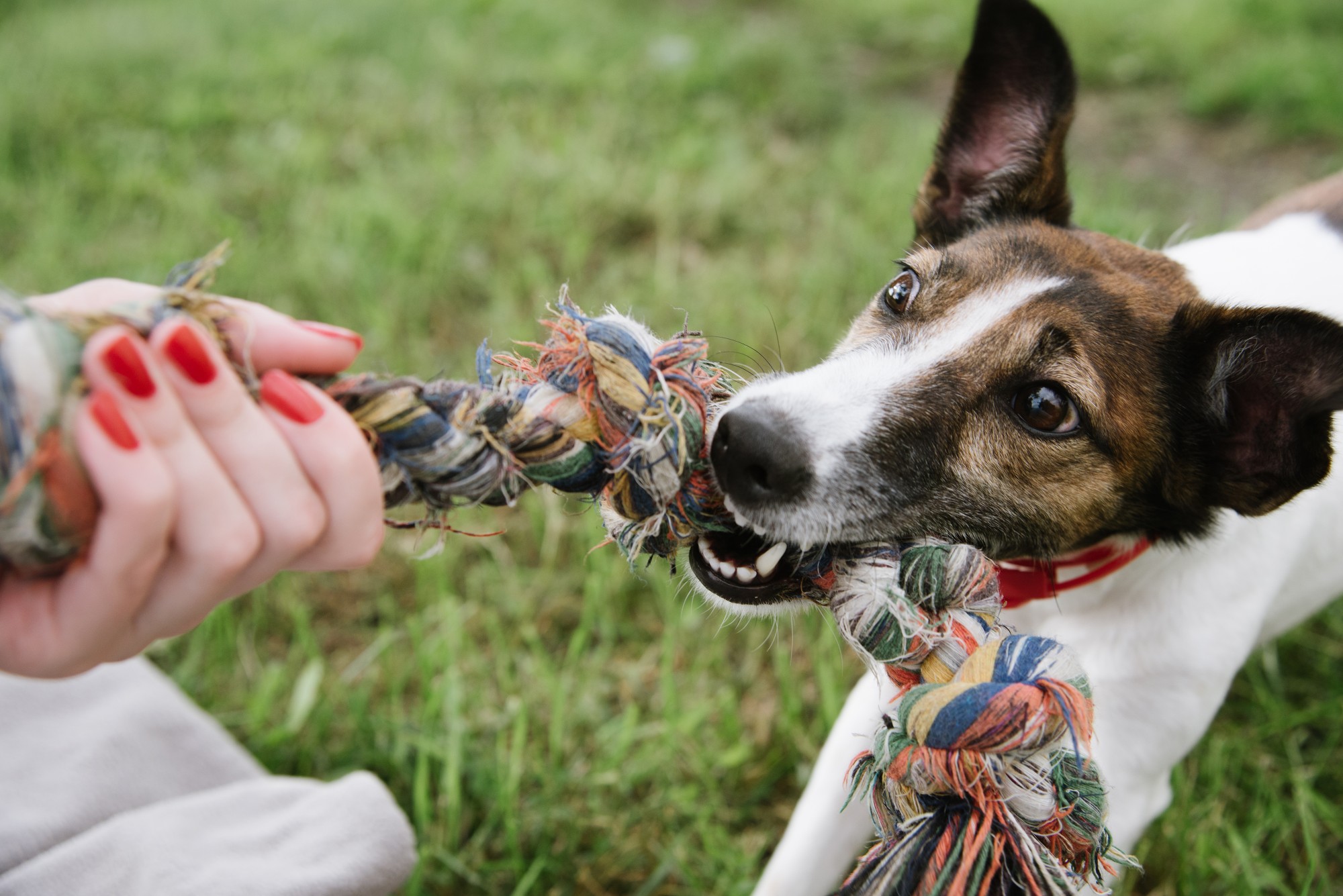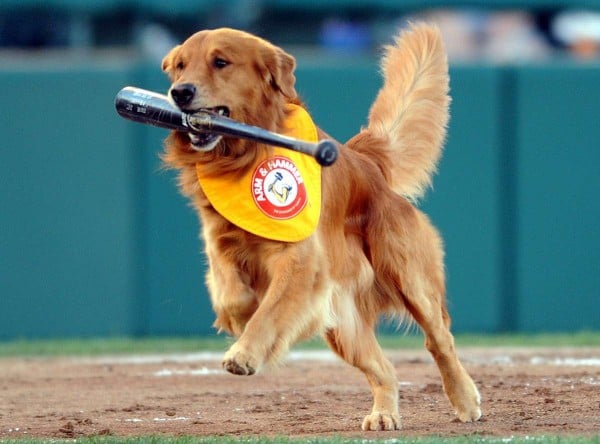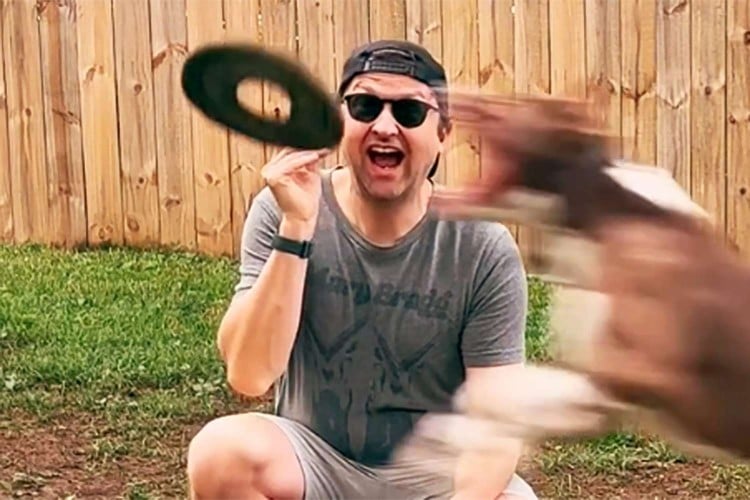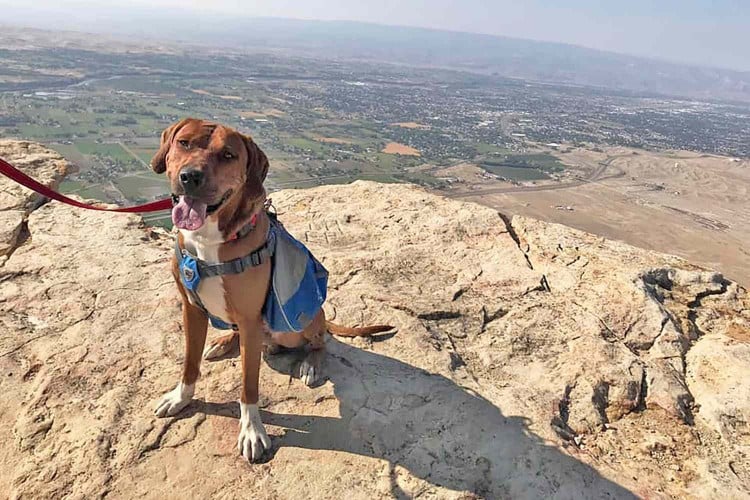We all want to protect our pets from everything dangerous in this world—they're our kids after all—so it's no surprise people are looking to equip their dogs with face masks to shield them from COVID-19.
That urge definitely makes sense on its, er, face. We all (hopefully) wear masks these days, so shouldn't our pets? And some companies, like this one in Texas and this one in New York, have started selling face masks for dogs. The New York company, Pet Masks, claims its sales have jumped 500 percent during the pandemic.
But while we applaud pet parents' instincts to keep their pets safe, masks do not belong on pets. It's more likely that putting a mask on your dog will do more harm than good. And it's not just us talking. The U.S. U.S. Centers for Disease Control and Prevention and veterinarians such as those at the University of Illinois advise against it.
"Not only is evidence lacking to support the necessity of masking a dog, [but] masks pose as a choking hazard to many dogs apt to eating foreign things and could pose a danger to them," says Alicen Tracey, DVM and member of the Daily Paws Advisory Board.
Is Your Dog Scared of People in Masks?
Tracey goes on to say that wearing a mask could prevent your dog from breathing property or keep them from regulating their temperature—remember, dogs pant to cool off. Brachycephalic breeds, the ones with flat faces like bulldogs and pugs, are already prone to breathing problems, and a mask could make it worse, she says.
Also our more chew-happy pups might just eat the dang thing. And we pet owners know that's not gonna be fun for anybody.
Luckily, there are other things you can do to protect your dog from the coronavirus. Namely, the CDC recommends you and your dog stay away from other people. If you think you're sick with COVID-19, stay away from your pet to make sure they don't catch it, even though those instances are rare.
And remember, there are no known cases of dogs or cats spreading the virus to people, vets at the University of Illinois say. If you contract the virus, it's probably from contact with another human. Thankfully, we have a good idea on how to reduce the chances of that happening.

